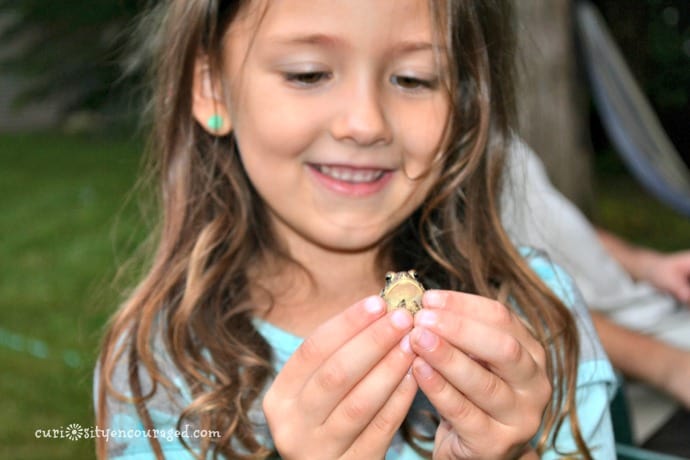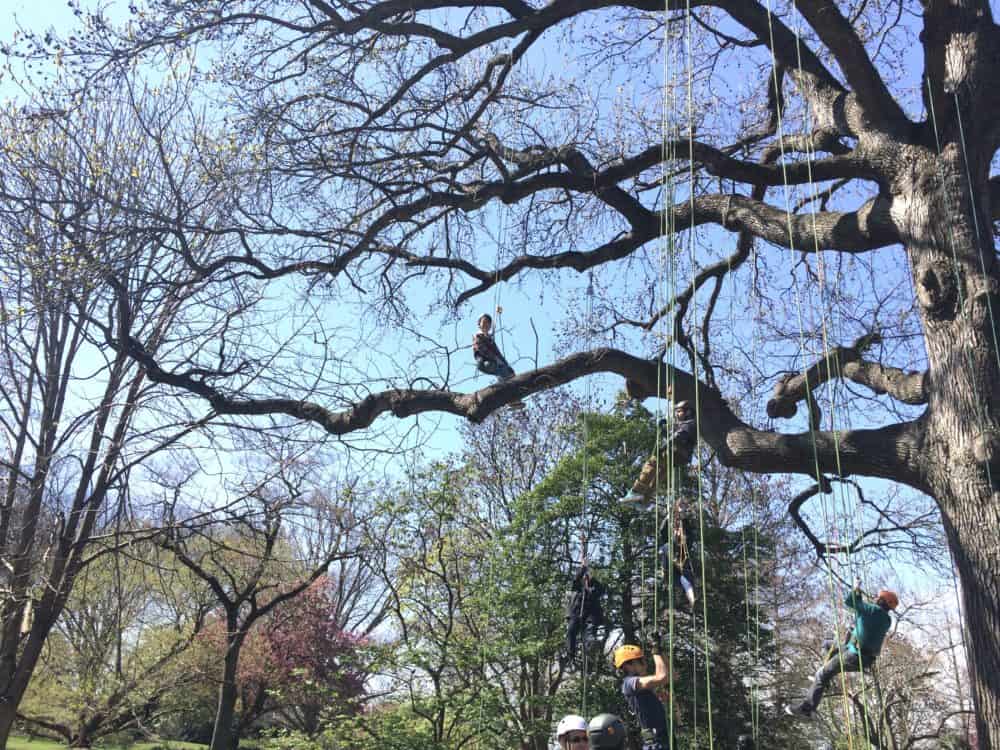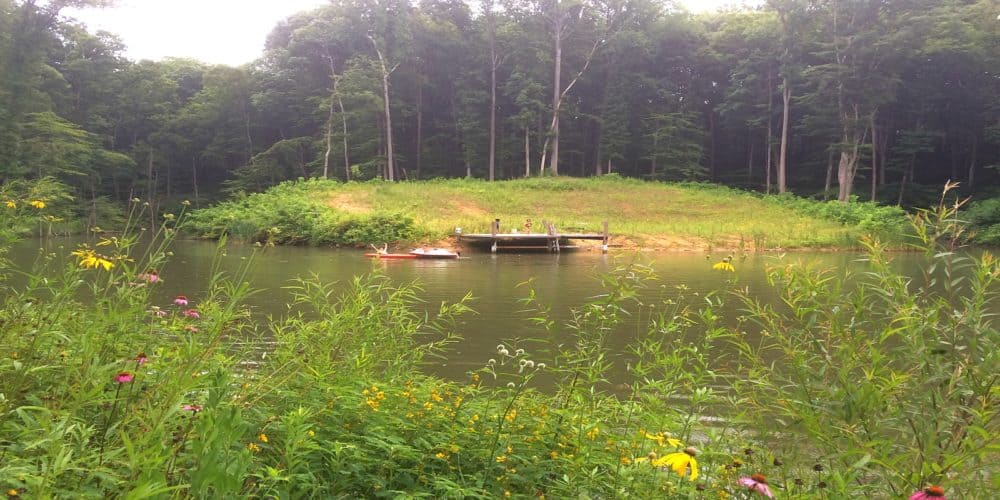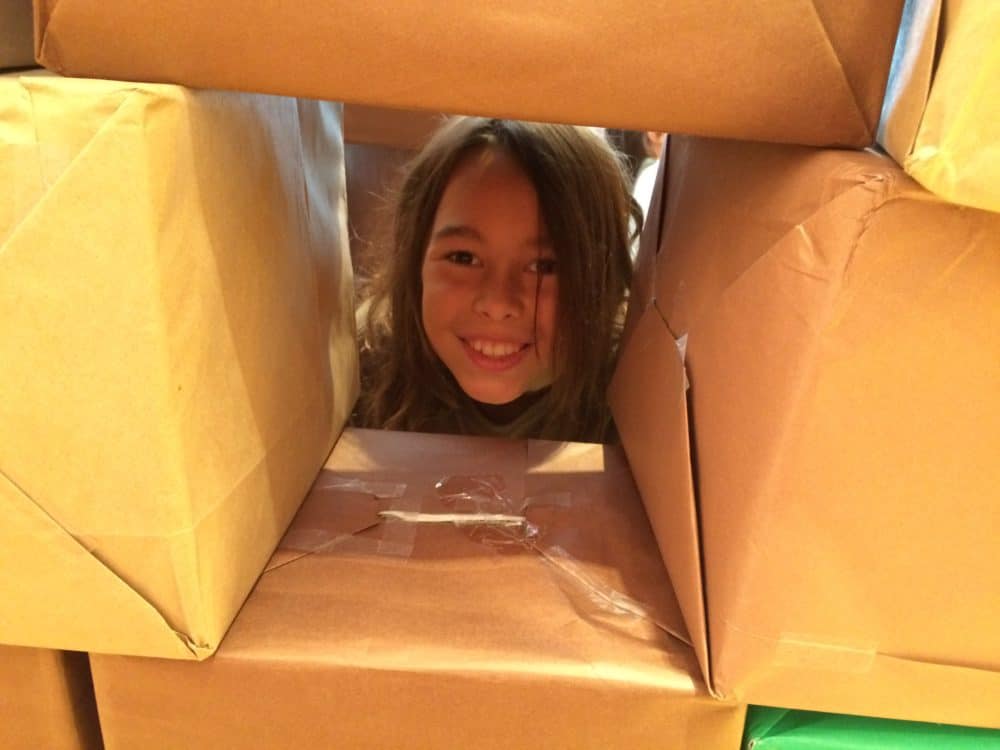
Welcome to Curiosity Encouraged!
I’m so glad you’re here. If you’re looking for ideas to get your kids excited to learn, resources to make learning fun and meaningful, live and flex classes, and support in your homeschooling or teaching journey, you’re in the right place!
Before you dive in, I’d love to stay in touch. Each week, in my newsletter, you’ll find ways to bring creativity and connection into your home. You’ll also receive coupon codes for my Creative ELA and Outschool classes and unit studies, things that bring me joy, and my favorite homeschool resources.
When you subscribe, as a thank you, you’ll also receive the password to my resource library.
Inside my library, you’ll find-
- Reading and writing games and activities geared at helping kids and families play and connect with one another
- Video Lesson- How to Create a Reading and Writing Handbook
- Video Lesson- What is Fast Writing
- Video Class- The Ideas Inside Me
- Creative Writing Mini-Lesson- Creating Realistic Dialogue
- Creative writing prompts
- ELA printables
- New resources, added monthly
AND, you’ll be the first to know about my pop-up classes and free quarterly classes.
Subscribed? Great!! Let’s dive in!
Maybe you’ve wondered- Is loving to learn really that important? Don’t we sometimes just have to do things we don’t want to do and get things done?
My answer will always be YES; yes, loving to learn is really that important.
Without interest and engagement, learning just doesn’t happen. Keep reading to find out why.
Why Curiosity Encouraged?
I can’t think of a time in my life I wasn’t advocating for children or seeing the need for advocacy. In my early years, I was painfully and personally aware of how much children who struggled in school could suffer, both academically and emotionally. These were the years before inclusion and before many teachers were paying attention to learning styles or practicing differentiation.
As I navigated through middle and high school and college, I saw and experienced which teachers and which methods helped a child learn, want to learn, and feel successful, and which did the opposite. Later, when I became a teacher and reflected on the children I watched struggle (myself included), I remembered the teachers and how those children found or didn’t find success.
I have spent over twenty years working to help children and families overcome struggles. It’s here and in my learnings as a mother that I realized how much parents can play a part in helping a child love to learn.
I know it can be overwhelming to think about how to help our children love to learn when it already feels like there is so much to do. Everyday life: chores, finances, our own needs, careers, limited time together, pets, family- life can feel like living in a pressure cooker.
Children and teens feel this too. Think for a moment about how much they are expected to navigate, learn, and master in their first 18 years.

I believe a parent and teacher’s job is to help release the pressure, turn down the boiling pot, and make it a priority to figure out how to help each child.
I’m not suggesting we stop everything we do and focus 100% on our children. Self-care is an important piece of serving children.
What I do suggest, believe, and offer here are ways parents and teachers can help children without creating more stress or struggle. We can help our children and our families handle expectations and stress without damaging our relationship or a child’s curiosity.

Curiosity Encouraged offers resources to help children love to learn. I believe when we build connection and trust and offer ways to find joy and overcome struggle, we help a child’s natural curiosity lead them to a love of learning and, therefore, into learning.
That’s the goal, right?
It’s mine.
I want to offer my children the tools they need and will need to pursue their passions and goals.
I believe the first tool they already have- Curiosity.
While the other tools look differently for each child, an important piece, our encouragement, and support, must be included.
How do we encourage a love of learning?
That’s the very question I hope to answer with each post and resource I share.
My hope is you find inspiration and ideas.
Helping children love to learn is not rocket science. You don’t need a certain level of education or degree. Mostly it’s about being present, listening, and being willing to ebb and flow with what they need.
That DOESN’T mean it’s easy!
We all need help. Ideas, reminders, the push to slow down or try something new.
Help is good!
Subscribe, stop by often, and let me know how I can help you and your family love to learn.



